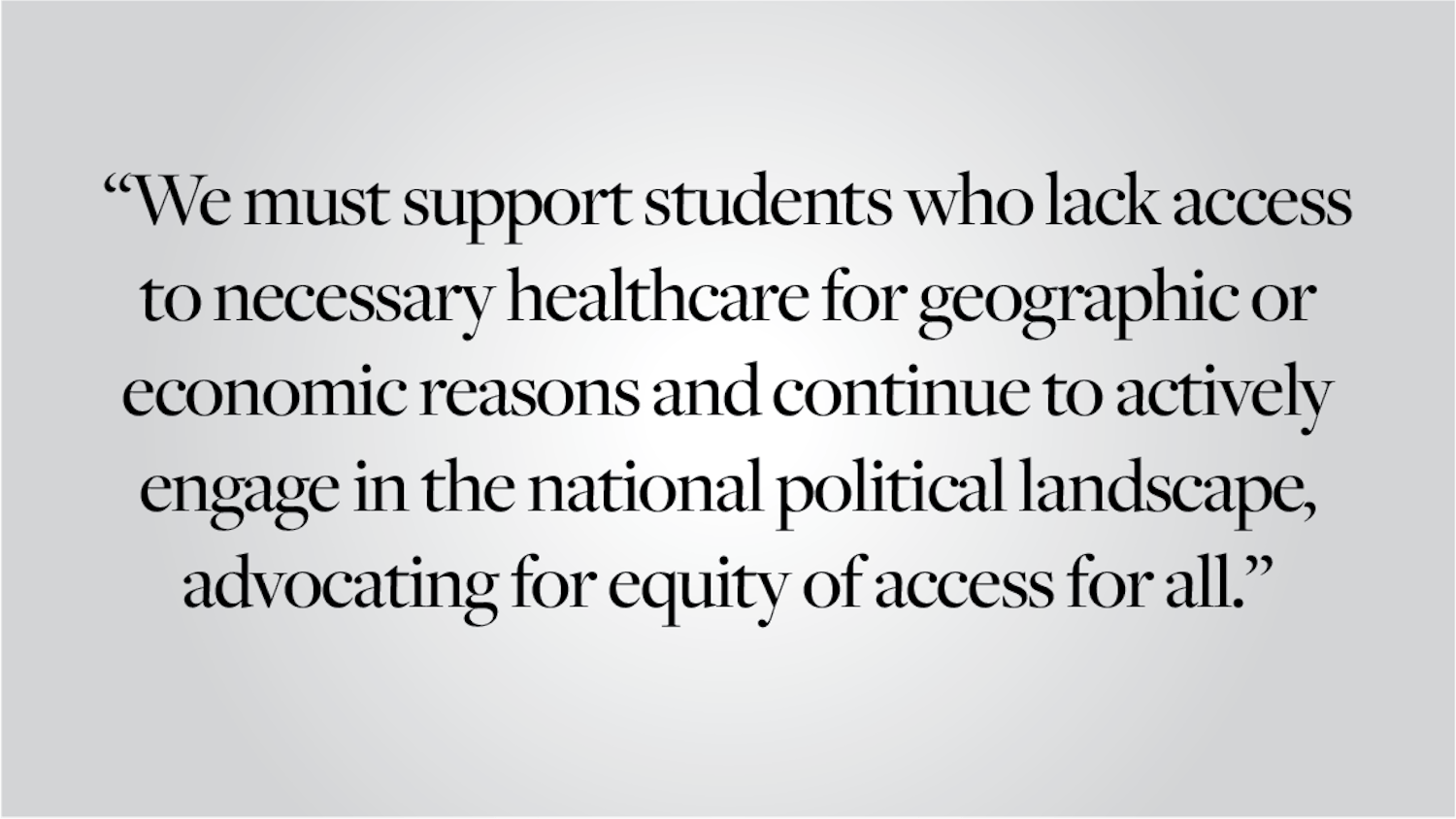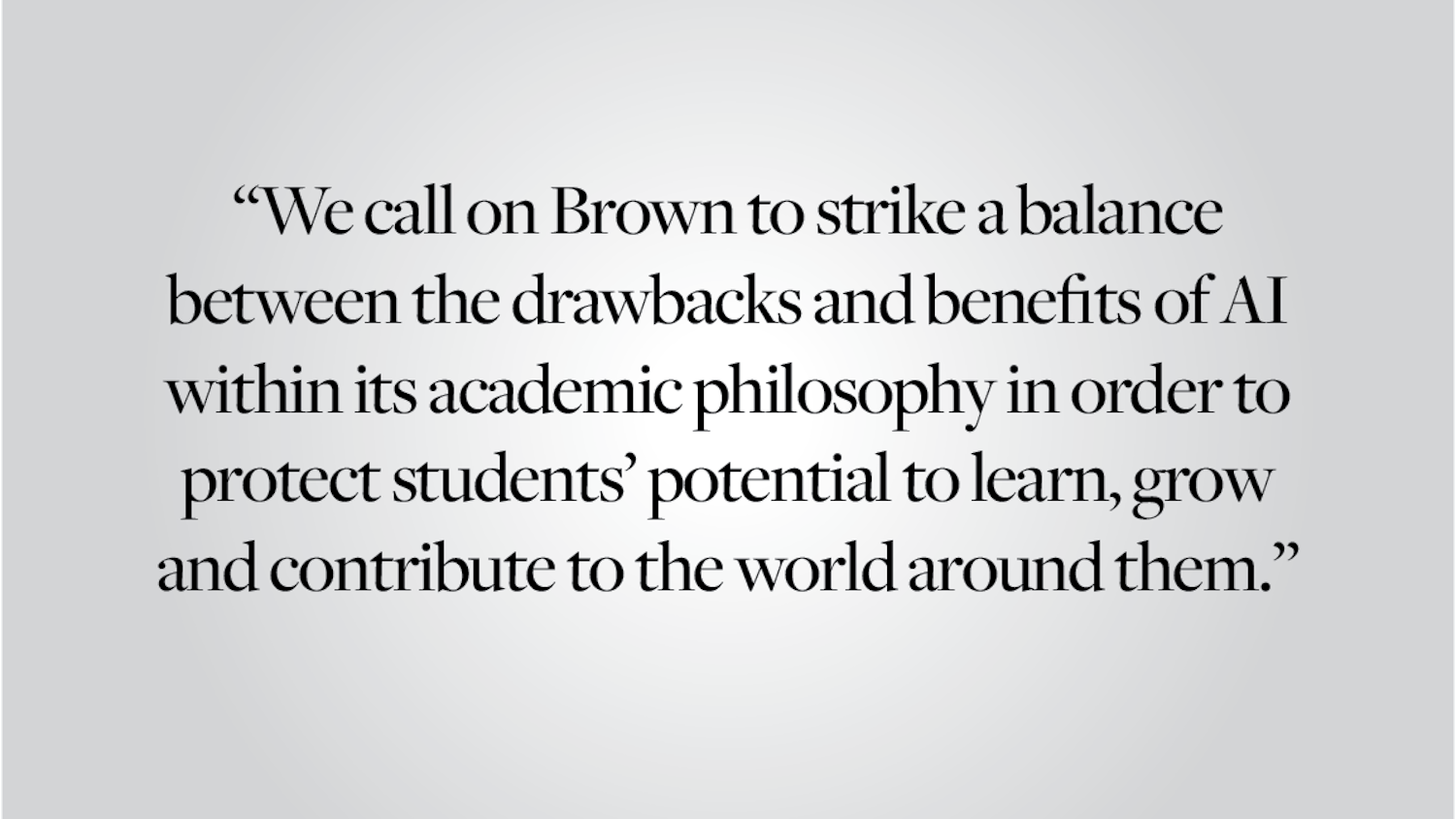Professors in the physics and engineering departments must have been surprised when they arrived at their building last spring and found the parking lot closed to accommodate a crane. They must have been even more surprised to find out that the crane was there to install a T-Mobile cell phone tower — a radio transmitter that could interfere with sensitive research equipment in the building.
As it turns out, there may be no cause for alarm. According to the company, the tower emits less radiation than a dozen cell phones, and it's unlikely that it will cause problems — at least for now. Still, the incident raises a number of questions about the way construction projects are carried out at Brown.
Faculty members told The Herald this week they were not notified about the tower until after construction began. In fact, the first time they heard about the project was when they saw the crane in the parking lot of Barus and Holley. Professors had experienced problems with a radio transmitter in the early 1990s, and they were concerned the T-Mobile tower might have similar effects on experiments. But the project was well underway before they were able to voice their concerns.
There were blunders earlier in the planning process as well. Computing and Information Services did not consider potential effects on professors' work when it approved the project.
Tim Wells, director of telecommunications and network technology for CIS, told The Herald he has been talking with professors in the physics and engineering departments and will discuss future project plans with them before going forward. Those are welcome words. But similar incidents could occur in other departments, and Brown must take measures to protect research there as well.
This is not rocket science. First, the University should notify faculty of construction projects on or nearby their buildings. This is only sensible, and it will at least give professors a chance to express their concerns before the cranes start working.
Departments should also designate one faculty member to correspond with Facilities Management and other relevant parties. This point-person would assemble concerns from fellow professors and discuss them with the University.
On a certain level, it's up to Brown to take responsibility and consider the effects on research when approving construction projects. It is absolutely unacceptable, for example, that nobody in CIS realized Barus and Holley is a research facility. But we cannot expect the University to know about every piece of specialized equipment and every experiment in the works. Ultimately, professors are the ones who know best whether projects might interfere with their work. The University simply has to give them the opportunity to say so before construction begins.
Editorials are written by The Herald's editorial page board. Send comments to editorials@browndailyherald.com.




